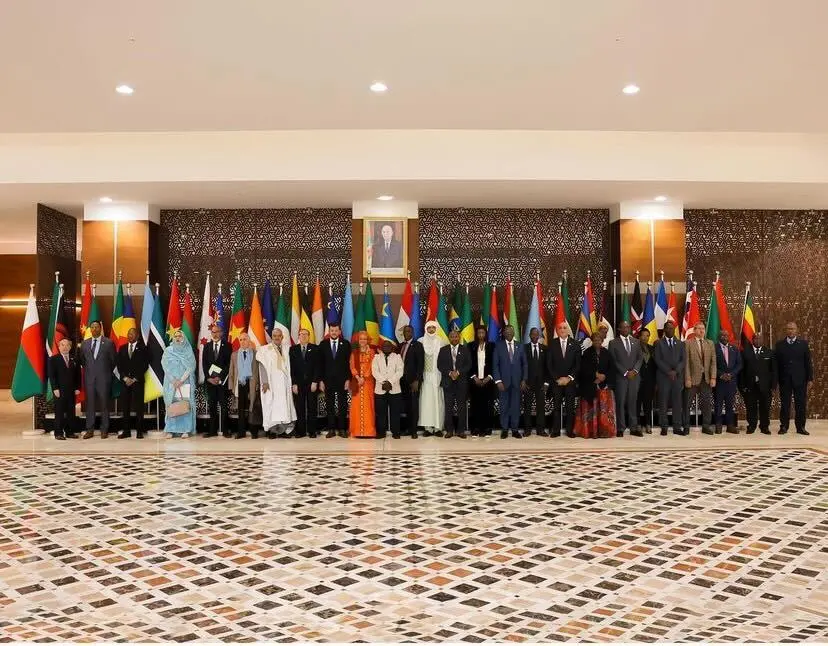Technology ministers across Africa are looking to introduce startup visas to support innovation and startup growth while simultaneously addressing the brain drain wave on the continent. Technology ministers from Algeria, South Africa, Tunisia, Botswana, and Nigeria shared details of the startup visa after a panel session at the second edition of the African Startup Conference held in Algiers, the Algerian capital, from December 5 to December 7, 2023.
The startup visa will “facilitate the free movement of startups on the continent” and “help to boost the mobility of young entrepreneurs on the continent,” the declaration read. This could also be viewed as another step in achieving “a borderless Africa” with free movement of people and trade.
Canada, the UK, and the Netherlands have introduced similar startup visa schemes to attract tech talents, innovators, and investors.
Another important takeaway from the ministers’ declaration is a unanimous agreement to begin negotiations for an African Charter on brain drain. It aims to tackle the issue head-on and empower African nations to retain their brightest minds. According to the African Youth Survey 2022, 52% of young Africans will likely consider emigrating in the next few years, citing economic hardship and seemingly better opportunities in North America and Europe. The ministers’ workaround to this issue is creating new policies and completing mergers to develop local talent.
The ministers also declared that a Pan-African Startup Strategy will be developed to bolster startup growth further. This strategy will focus on creating an environment conducive to entrepreneurship, offering support programs, and fostering regional collaboration. The ministers also called for the creation of an African Founders Fund. This dedicated fund will provide crucial financial resources to promising startups across the continent, accelerating their growth and boosting Africa’s tech landscape. There have been similar efforts by African leaders to fund startups. Nigeria launched a $672 million fund under the Investment in Digital and Creative Enterprises (iDICE) in March.




















